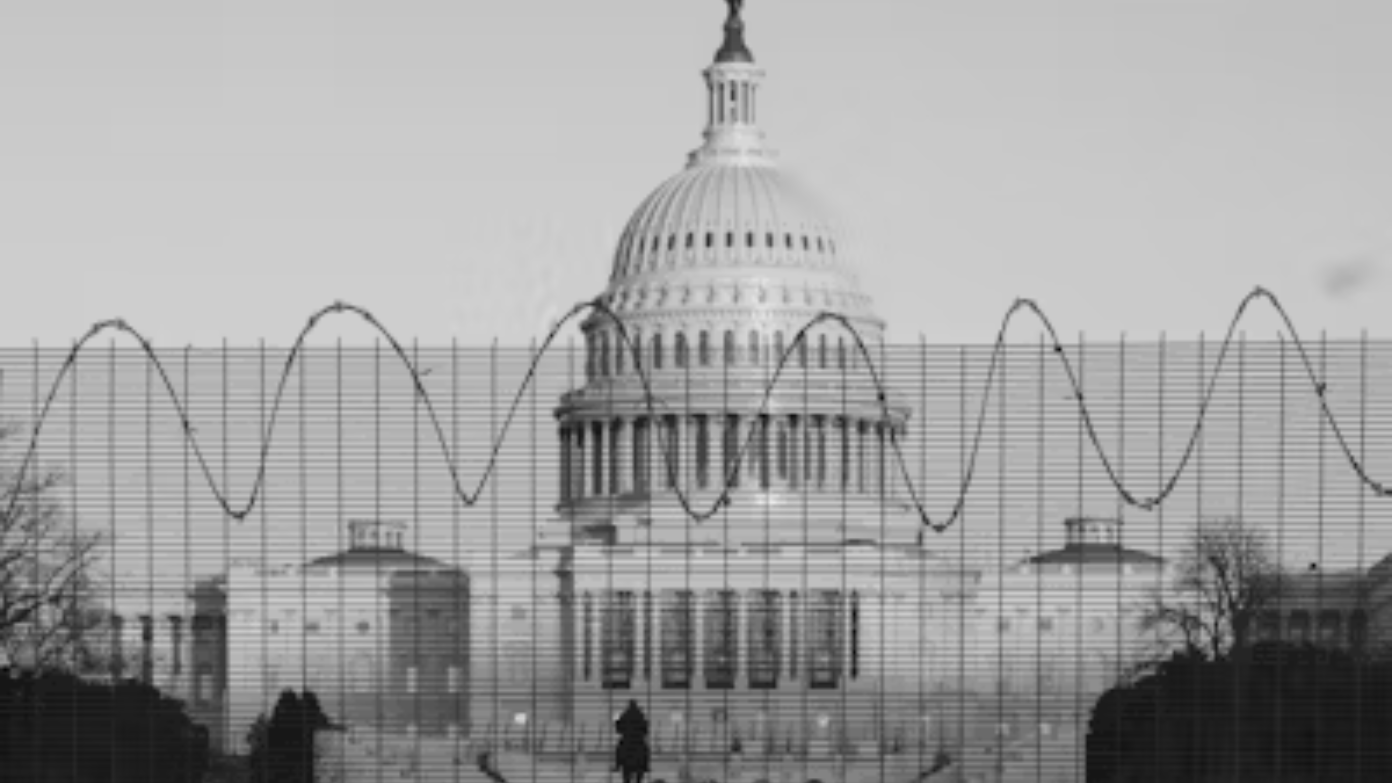A federal court halted proceedings in a historic student loan cancellation lawsuit after the U.S. government defaulted into a funding crisis. The temporary stay adds uncertainty and potential financial difficulty for borrowers in limbo awaiting assistance.
Legal background of the controversy
Earlier this year, the American Federation of Teachers (AFT) amended its lawsuit—first filed in March—charging the Department of Education with illegally halting the processing of income-driven repayment (IDR) applications. IDR loans tie periodic payments to borrowers’ paychecks, with forgiveness after 20 or 25 years of consistent payments. Public Service Loan Forgiveness (PSLF) allows even faster relief—potential in as little as ten years of qualifying work in government or nonprofit employment. The AFT contended that over one million outstanding IDR applications and an estimated 400,000 potential technical denials on automatic grounds effectively precluded eligible borrowers from receiving statutory forgiveness.
The AFT sought a preliminary injunction in September to return the Education Department to its work of processing and issuing approvals by the end of the year. That was because the tax exemption of the forgiven balances under the American Rescue Plan Act of 2021 expires January 1, 2026. Without relief before that date, forgiven balances would be taxable income and place unexpected burdens on the borrowers.
Shutdown’s impact on justice department operations
When appropriations failed to get through Congress before September 30, the resulting government shutdown left the majority of Justice Department lawyers and staff on furlough. Federal contingency regulations exempt only those staff that would be required to avoid imminent threats to human life or property during funding gaps. Those were not exceptions to include legal staff defending the government in the AFT case, causing Justice Department lawyers to request a stay of proceedings until appropriations are renewed.
The judge on October 14 made that request, suspending deadlines and the October 31 preliminary injunction hearing. The court order reads that immediately upon the resumption of funding, both parties must consult about new dates and that all briefing deadlines must be stayed by ten days plus the length of the shutdown.
Consequences for student loan borrowers
The stay by the court threatens to delay forgiveness for borrowers already qualified under IDR or PSLF. Many eligible borrowers have been awaiting official discharge notices that trigger servicers to cancel loan balances. Under regular procedures, the Education Department sends notice of approval, then a brief opt-out period before instructing the servicers to cancel the debt. If those notices and accompanying instructions are delayed, borrowers will lose the January 1, 2026 deadline for tax-free forgiveness.
Slowed discharges also lead to ongoing interest accrual on unpaid balances, compounding into the eventual taxable sum in case relief arrives after the tax exemption period. For PSLF applicants, backlog Buyback applications—intended to render deferment or forbearance periods qualifying payments—await, adding to the wait for fast-track forgiveness.
What borrowers should do now
While federal employees and court proceedings are on furlough, borrowers must:
- Make payments continuously: Servicers remain open, and missed payments ruin credit reports and disqualify borrowers from forgiveness programs.
- Stay informed: Watch for emails or letters from servicers and the Education Department regarding application status or discharge notifications.
- Document applications: Document all IDR and PSLF applications, payment records, and correspondence to use as future collateral for appeals or error cases.
- Consult tax advisors: Borrowers who are near forgiveness thresholds should be made aware of potential tax implications if forgiveness is delayed past January 1, 2026.
- Stay informed: Keep track of congressional negotiations on the shutdown and Justice Department developments to forecast the resumption of legal proceedings.
Outlook and next steps
The duration of the government shutdown will determine how long the AFT lawsuit is delayed. If appropriations are restored before early November, the court might continue the preliminary injunction hearing and restart deadlines for class certification motions. However, if the shutdown continues past December, injured borrowers might face indefinite tax liabilities on the forgiven amounts.
Lastly, resolution is waiting on political will in Congress to end the shutdown and judicial receptiveness to hurry relief once funding resumes. In the meantime, student loan borrowers who are eligible for forgiveness remain in limbo, along with the threat of rising interest and potential tax levies that would cancel out the fiscal relief they were promised.
Read more: How do I apply for student loan forgiveness under PSLF?
Read more: Major student loan change as Department of Education looks to transfer loans “in months”
Read more: What will happen to student loans if Trump closes the Department of Education

